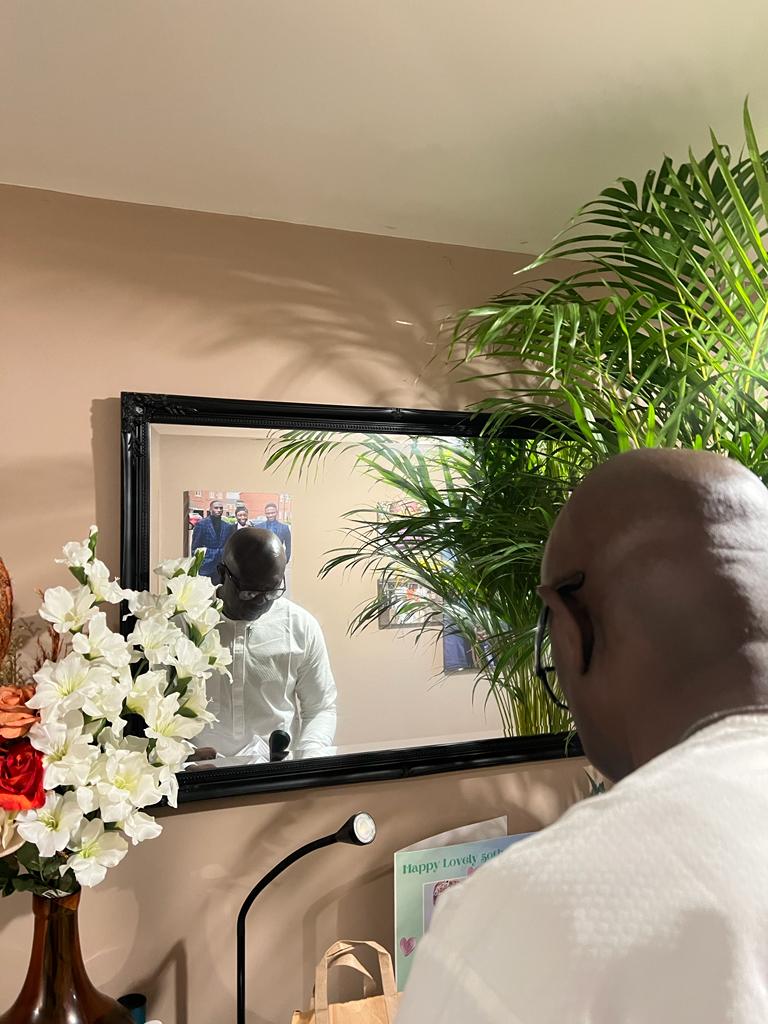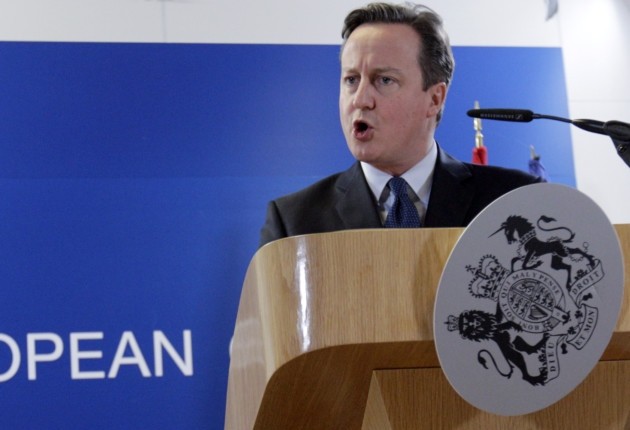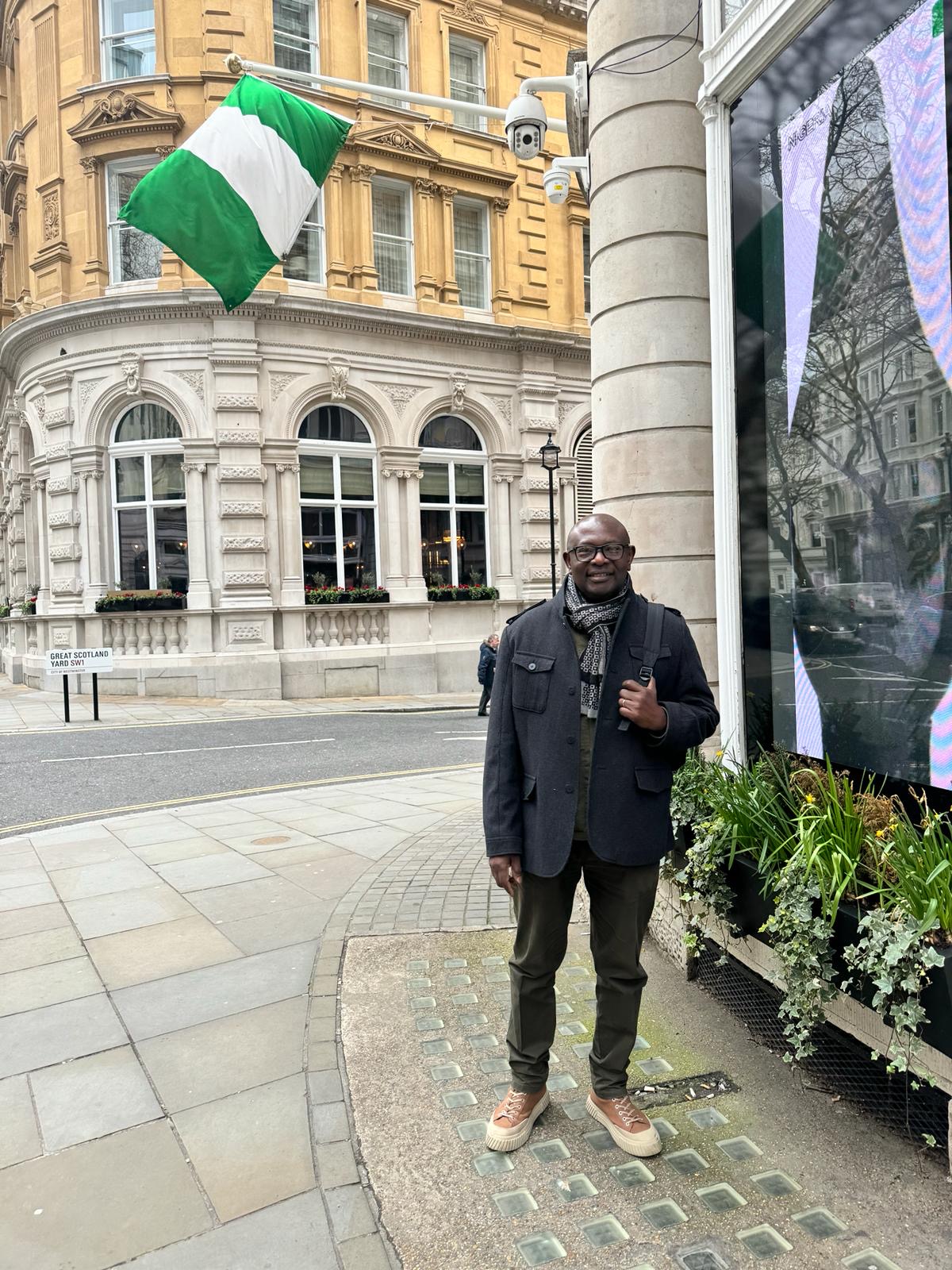By M. Babajide-Alabi
Do not envy David Cameron on this Europe issue. And do not begrudge him for celebrating his “victory” at the Brussels office of the European Union last week Friday. Rather, give it to him for his doggedness and resoluteness to ensure he writes himself into the United Kingdom and EU history books. If you ask this young man what his motivation is, he probably would tell you, it is the love he has for his people.
As the Prime Minister of Europe’s most flourishing economy, Cameron definitely has a lot to think about in a continent that some of the countries are “unviable economically.” Cameron, like his citizens, is worried about UK’s membership of the EU. This is the basis of the agitation for the reforms that would reposition and reestablish Britain for more control of her resources and borders.
There is no doubt that Cameron is still a believer in the union, but wanted some fundamental changes, which he hoped would favour his people. A section of the British public see the advantage of a continued stay in the Union, but with radical reforms that will yield more gains. These were the ones that supported the Prime Minister, but felt a little disappointed that his much acclaimed reform deals were watered down at the negotiating table.
On the other hand a large section of the British public feel short changed by the country’s membership of the Union, and would rather exit it now. These ones care less about what was negotiated in favour of Britain in Brussels on Friday. For Cameron, this group would not dampen the celebration of his success. The reforms meant a lot to him, as a no deal would have put him in an uncomfortable position politically at home. However, the agreed deal seem to have bolstered his ability to convince the British public that staying in the “new” Europe would be very good.
This last week was definitely one of uncertainty for Cameron. It was also a stressful one for him. However, at the end he came out smiling, and like a victor, he could not resist some chest thumping to announce that he had negotiated a deal that will confer a “special status” on Britain in Europe. A deal, according to him, that can guarantee his citizens a better regime in a new European Union. A reform that will protect the Pound Sterling and strengthen the UK economy.
One area of the reform that Cameron seem extremely happy with is the eventual regulation on the payment of child benefits for children living abroad in 2020 to conform with the rate in home countries. Although Cameron failed in his bid to ban the payment of child benefits for children abroad, he still took credit for this watered down version of his proposal. In the same vein, the much publicised 13 year “emergency brake” on in work benefits for EU migrant workers was changed to seven years.
Cameron presented the details of the deal to the Cabinet yesterday and seized the opportunity to reiterate his commitment to keeping Britain in the EU. The Prime Minister did not deceive himself thinking everybody will buy into his idea of keeping Britain’s EU membership despite the deals on reforms. Cameron knows not all his lieutenants, especially cabinet members, will go along with him. You win some and lose some.
The Prime Minister made a great show of outing his Justice Minister Michael Gove at the press conference in Brussels on Friday. It is common knowledge that Gove is supporting the “Out” campaign. To this Cameron said “of course I am disappointed that we are not going to be on the same side as we have this vital argument about our country’s future. I am disappointed but I am not surprised.”
Losing a friend or ally is not Cameron’s worry right now. His determination for now would be for the British people to buy into his negotiated reform deal. His selling point would be that he got the best deal in the present circumstances for Britain. One thing that is sure is that Cameron knows he has a lot of work cut out for him to ensure success at the referendum, which may be called as early as June 23rd.
As Cameron was celebrating his victory in Brussels on Friday, Nigel Farage, the leader of the United Kingdom Independence Party (UKIP), a long time opposition figure to UK’s membership of the EU, was on the streets on Friday with David Davis, a one time Tory leadership contender, George Galloway of the Respect Party and a few others campaigning for Britain’s exit. As the journey towards the referendum becomes clearer, these are the types of political marriages that we shall be witnessing in the coming months.
For the Prime Minister, this is a victory that has taken its toll. He is well spent on this issue. He has been involved in diplomatic junketing in a bid to convince his other EU leaders that Britain deserves the reforms. From one end of the continent to the other, the PM travelled with his plans under his arms. There is no doubt that all the travels and the long hours of meetings had affected Cameron. At the press conference, his voice failed him a few times.
The week was uncertain despite his travel far and wide, he could not confidently say who was with him or against him. As at Thursday when Brussels played host to the EU leaders, Cameron was still fighting tooth and nail to secure the best deal for his people. All the leaders were also concerned for their citizens. The greatest concerns came from the Eastern European leaders who felt their citizens might be short changed if Cameron’s reform plans were approved to the letters.
The journey to negotiating a reform for Britain in the EU was no doubt Cameron’s nightmare. It was a battle both on the home front where the “Brexit” group accused him of going hat in hand begging the EU leaders to save his face with a reform plan that “pamper” to the continued membership of the union. Even within his party, the opposition was growing while important figures such as Boris Johnson stayed on the fence not sure of the outcome of his leader’s moves.
Arriving at the EU Brussels headquarter on Thursday, Cameron was emphatic on the fact that he would be “battling for Britain. If we can get a good deal I’ll take that deal,” he said. “But I will not take a deal that doesn’t meet what we need. I think it’s much more important to get this right than to do anything in a rush. But with goodwill, with hard work, we can get a better deal for Britain.”
Now that he’s got the negotiated deal, the next step in the determination of Britain’s role in the European Union is the referendum. The hard work starts right now, as both sides would be canvassing the public on the advantages and disadvantages of staying in or out of the Union. Going by the June 23rd date that has been pencilled down, the work starts in earnest. Interesting days of campaign are coming again.
Many are the demands of the British people, but the European Union has graciously condense them into manageable points.
Published in the Sunday Vanguard of February 21, 2016. CLICK HERE







